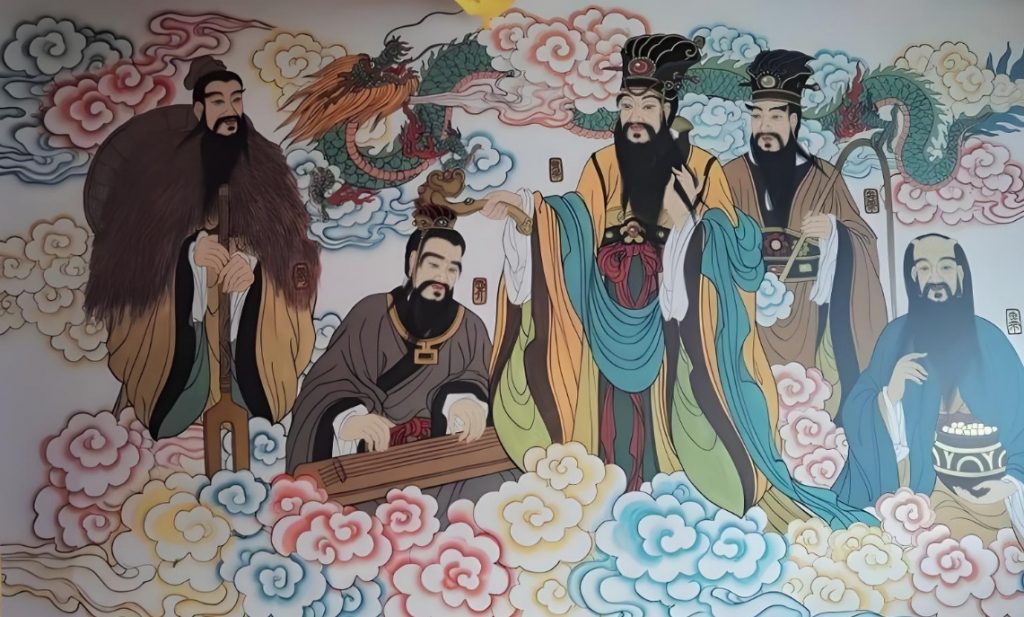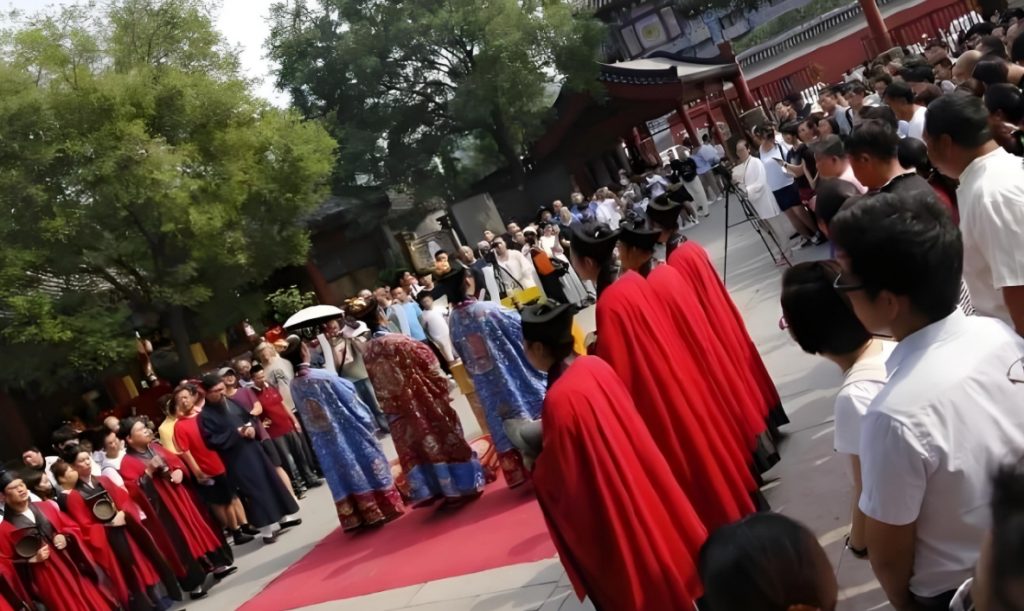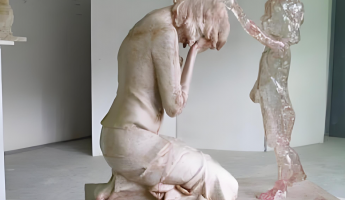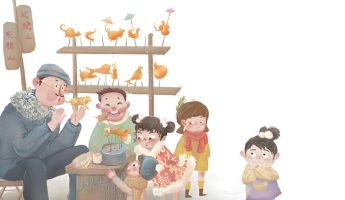As an ancient civilization with a long history, China’s folk customs and Taoist culture blend together to form a part of Chinese culture, deeply influencing people’s daily lives and ideological concepts. As one of the local religions in China, the belief system, philosophical concepts, and folk customs of Taoism permeate each other, forming a rich and colorful cultural phenomenon. This paper will deeply explore the relationship between Chinese folk custom and Taoist culture, analyze how they interact and how they affect the life of every Chinese.
1、 The History and Origin of Taoism
Taoism originated in the Spring and Autumn Period and Warring States Period in China. It is not only a religious belief, but also a philosophical thought and way of life. The fundamental idea of Taoism lies in “Dao”, emphasizing “Dao follows nature”, which makes Taoism’s understanding of the relationship between nature and human nature closely related to the survival mode of traditional Chinese agricultural society. With the development of history, Taoism has absorbed a large number of folk beliefs and customs, thus forming a rich and diverse range of religious rituals and festivals.

2、 The Formation and Evolution of Folk Customs
Chinese folk customs are a collective culture that reflects the way of life, values, and beliefs of a region. In the long historical development, these folk customs have been intertwined with Taoist culture, forming many unique customs. For example, during the Lunar New Year, people will engage in activities such as ancestor worship and gatherings, which contain reverence for ancestors and importance for families. The ritual of ancestor worship has been closely related to the soul concept of Taoism since ancient times.
3、 The embodiment of Taoist culture in folk customs
- Festivals and Sacrifices
In China, many traditional festivals, such as Qingming Festival, Loong Boat Festival, Mid-Autumn Festival, have Taoist influence. Qingming Festival is a time for people to sweep tombs and worship ancestors, reflecting respect and remembrance for the deceased. Taoism believes that the soul will wander in the human world and needs to be brought to peace through sacrifice. Therefore, the custom of tomb sweeping during the Qingming Festival is a direct reflection of Taoist culture. In addition, during the Loong Boat Festival, Loong Boat racing, eating Zongzi and other activities are also linked to the Taoist concept of praying for blessings and exorcism.
- Feng Shui and Home Furnishings
The emphasis on Feng Shui in Taoism is deeply rooted in people’s hearts, and many families will hire Feng Shui masters to choose the location and decorate their homes when building houses. Feng Shui theory holds that terrain, climate, environment, and other factors can all affect a person’s fortune and health. Many folk customs, such as hanging wind chimes and placing mascots, are combined with Taoist feng shui to achieve the goal of seeking good fortune and avoiding misfortune.

- Wedding, Funeral, Marriage
At weddings, many Taoist rituals frequently appear, such as “worshiping heaven and earth” and “inviting gods”, expressing reverence and gratitude for nature and the gods. In terms of funeral customs, Taoism emphasizes the rest and reincarnation of the deceased. People hold complex memorial ceremonies for their deceased loved ones, such as the 49 day cycle of the Seven Seven Festival, which reflects Taoism’s contemplation on life and death.
- The integration of Taoism and folk beliefs
Taoism has continuously absorbed and integrated local folk beliefs in its development process. Many places have their own beliefs in local gods, land gods, urban protection gods, etc., which complement the “Three Cleanliness” system of Taoism. For example, the combination of the City God belief in Sichuan and the worship of Ksitigarbha Bodhisattva in Taoism has formed a unique sacrificial culture. Through these local beliefs, more people are able to understand Taoist culture and integrate it into their daily lives.
4、 The Influence of Taoist Culture on Modern Society
With the development of society, although modern technology and lifestyle have undergone tremendous changes, Taoist culture and customs still influence people’s lives in many aspects. For example, during festivals and celebrations, many people still follow the sacrificial rituals of Taoism to express their respect for their descendants and nature. In today’s fast-paced lifestyle, many people have also begun to seek spiritual sustenance from Taoist culture, achieving inner peace through self-cultivation, Taoist meditation, and qigong.
The skillful interweaving of Chinese folk customs and Taoist culture demonstrates the diversity and inclusiveness of Chinese culture. Taoism is not only a religious belief, but also a way of life, which has influenced the thinking and behavior of hundreds of millions of Chinese people. By understanding these customs and cultures, we can better feel the historical heritage and cultural confidence of the Chinese nation.



